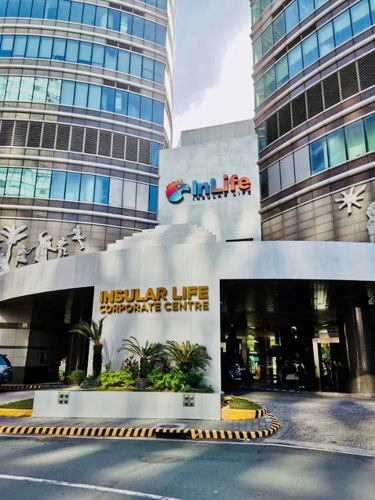Benjamin Diokno, Bangko Sentral ng Pilipinas (BSP) Governor, reiterated that “any move to lift time-bound measures put in place to support the economy during the pandemic will be carried out based on latest economic data and not tied to any calendar date.”
“The timing and the conditions of the BSP’s exit strategy remain data-driven,” Diokno said during the recent Asian Development Bank Institute webinar.
He stressed that the exit strategy is guided by the “inflation and growth outlook over the medium term, the country’s public health status, and the domestic and global risks to the economy.”
“The balancing act requires a well-planned, well-calibrated, and well-communicated exit strategy to avoid causing substantial market volatility, reduce potential spillovers, and sustain the recovery momentum,” the Governor explained.
To support the economy during the pandemic, the BSP implemented timely and decisive measures to extend financial relief to various stakeholders, boost bank lending, and promote continued access to financial services.
These include the historic-low key policy rate, provisional advances to the national government, and time-bound regulatory and operational relief measures.
As part of the policy normalization process, the Monetary Board raised the interest rate on the overnight reverse repurchase facility by 25 basis points to 2.25 percent.
The National Government also fully settled its P300 billion provisional advance ahead of the maturity schedule of June 2022.
Likewise, the BSP reconfigured its government securities purchasing window into a regular intraday facility under its interest rate corridor framework as part of the unwinding process.
In a separate event, Diokno underscored the importance of strengthening economic fundamentals during periods of relative stability to develop buffers in times of crisis.
“Economies with strong fundamentals tend to handle crises better,” Diokno said during the recent Citi 2022 Virtual Macro Forum held via Zoom.
Diokno cited the Philippines as a good example of an economy with sound fundamentals when the COVID-19 health crisis struck.
According to the Governor, the economy entered the pandemic with healthy external accounts and hefty gross international reserves, which helped maintain relative order in the financial markets amid the crisis.
“The Philippine economy is much stronger now than before. Right now, our foreign debt is 30 percent foreign and 70 percent domestic, and we have hefty gross international reserves,” the Governor said.
He pointed out that the country’s strong fundamentals were built through decades of continued implementation of structural reforms and sound macroeconomic management.
The Governor also emphasized that ensuring full economic recovery and maintaining long-term economic potential would require the implementation of recent hard-won economic reforms, such as the Corporate Recovery and Tax Incentives for Enterprises (CREATE) law and the amendments to the Foreign Investments Act, Public Services Act and Retail Trade Liberalization Act. — Jimmy C. Calapati





